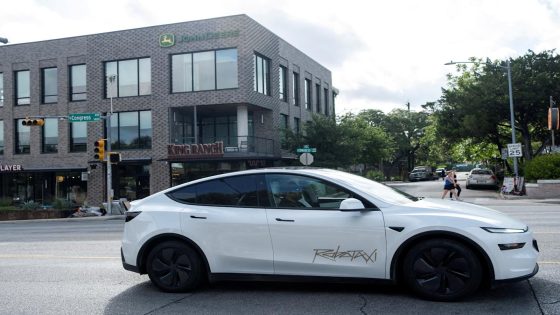China’s cyberspace regulator has summoned Nvidia to discuss potential security risks associated with its H20 chips, raising concerns about the US chip giant’s operations in the region. On 2025-07-31 11:08:00, the Cyberspace Administration of China (CAC) sought explanations from Nvidia regarding the possibility of “back-door safety” issues linked to tracking and remote control functionalities in its technology.
- Nvidia summoned by China's cyberspace regulator
- Inquiry focuses on H20 chip security risks
- Concerns over tracking and remote control features
- US lawmakers push for chip location verification
- Nvidia's operations face scrutiny in China
- Recent reports cite serious security issues
The CAC’s inquiry follows alarming reports about security vulnerabilities in Nvidia’s chips and increasing demands from US lawmakers for enhanced tracking features in advanced semiconductor exports. This scrutiny highlights the delicate balance between innovation and security in the global tech landscape.
This situation raises crucial questions: How will Nvidia navigate these regulatory challenges, and what implications might this have for international tech partnerships? The global semiconductor market is increasingly influenced by geopolitical dynamics, with several key points to consider:
- Heightened scrutiny on tech firms may lead to stricter regulations globally.
- Potential disruptions in supply chains could affect AI development across regions.
- Increased collaboration between governments and tech companies may be necessary to ensure security.
As the situation evolves, stakeholders must remain vigilant and adaptable. Will companies prioritize security over speed, or will innovation take the lead? The future of global tech hinges on these decisions.

































